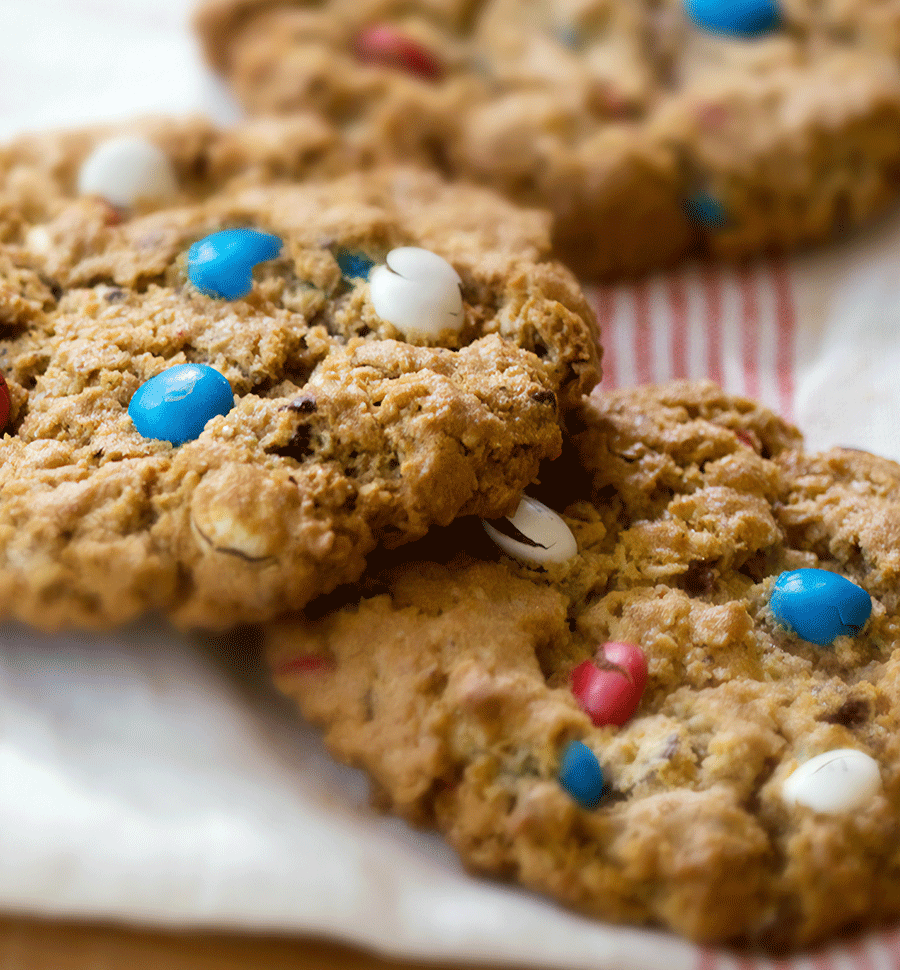November 19, 2021 Industry news
The problem has become a public-health emergency, with the Government announcing that the UK is in the throes of a “national struggle with obesity.” Indeed, the prime minister’s own severe bout with coronavirus was blamed on the 57-year old being “significantly overweight.”
Currently, it is estimated that one in five primary-school children living in the UK is classified as obese, the highest rate in Western Europe. Obesity-related illness is costing the NHS £4.2bn a year.
To tackle the obesity epidemic, legislation to prohibit the promotion of food and drinks judged high in fat, salt or sugar (HFSS), will come into effect from October 2022, with the aim of wiping “billions off the national calorie count.” These restrictions will apply to pre-packaged products from 13 different food categories.
HFSS products have been identified as significant contributors to daily calorie and sugar intakes, and will be categorised using the Nutrient Profiling Model, created by the Food Standards Agency in 2004–05.
So, what will the new legislation entail for manufacturers and retailers?
For retailers
- There will be a ban on off-shelf display – such as store entrances, aisle ends and checkouts – for all HFSS products
- This will apply to most physical stores with 2,000 sq ft floor space, exempting specialist stores like chocolatiers
- The ban will apply to online locations such as homepages, landing pages and checkout pages
- Multibuy promotions, such as “buy one get one free” or “3 for 2” offers will be prohibited
For manufacturers
Prepacked food and drink in the following categories will be restricted if they are considered to be HFSS:
- Breakfast cereals
- Cakes
- Chips and similar potato products
- Chocolate confectionery
- Crisps and savoury snacks
- Ice cream
- Juice-based drinks with added sugar
- Meal centres, including breaded and battered products
- Milk-based drinks with added sugar
- Morning goods (for example, pastries)
- Pizza
- Puddings
- Ready meals
- Soft drinks
- Sugar confectionery
- Sweet biscuits
- Yoghurts
High-calorie foods which aren't classified as “junk foods”, such as avocados, honeys and olive oil, will be exempted.
Other measures to limit exposure to HFSS products will include:
- A blanket ban on the advertising of HFSS items before a 9pm watershed
- Calories to be displayed on eat-out menus
- Free refills of HFSS soft drinks will be prohibited in the eating-out sector
- Alcoholic beverages to feature a calorie count
Impact
The introduction of the new HFSS legislation has been pushed back from April 2022 to October 2022 due to the scale of the challenge and the number of businesses impacted.
More than 1500 suppliers are going to have to collate the required data to calculate which of their products are HFSS, share that information with their customers and develop reformulation and/or promotion strategies to mitigate the impact
More than 500 retailers are going to need to understand which products in their range are HFSS and take appropriate ranging, promotion and placement range reviews to ensure compliance and mitigate potential loss in sales.
How can you comply
Since 2018, our productDNA platform has been providing a way for the grocery supply chain – from brands and manufacturers to retailers – to share verified product information with each other using a common language.
The platform provides a single, proven approach to managing product data across the whole industry, with all the benefits that brings in terms of cost and time savings, accuracy and consistency.
productDNA HFSS solution launched
GS1 UK has launched a free solution in collaboration with leading retailers to help suppliers manage and share their HFSS data. Find out more and sign-up.

